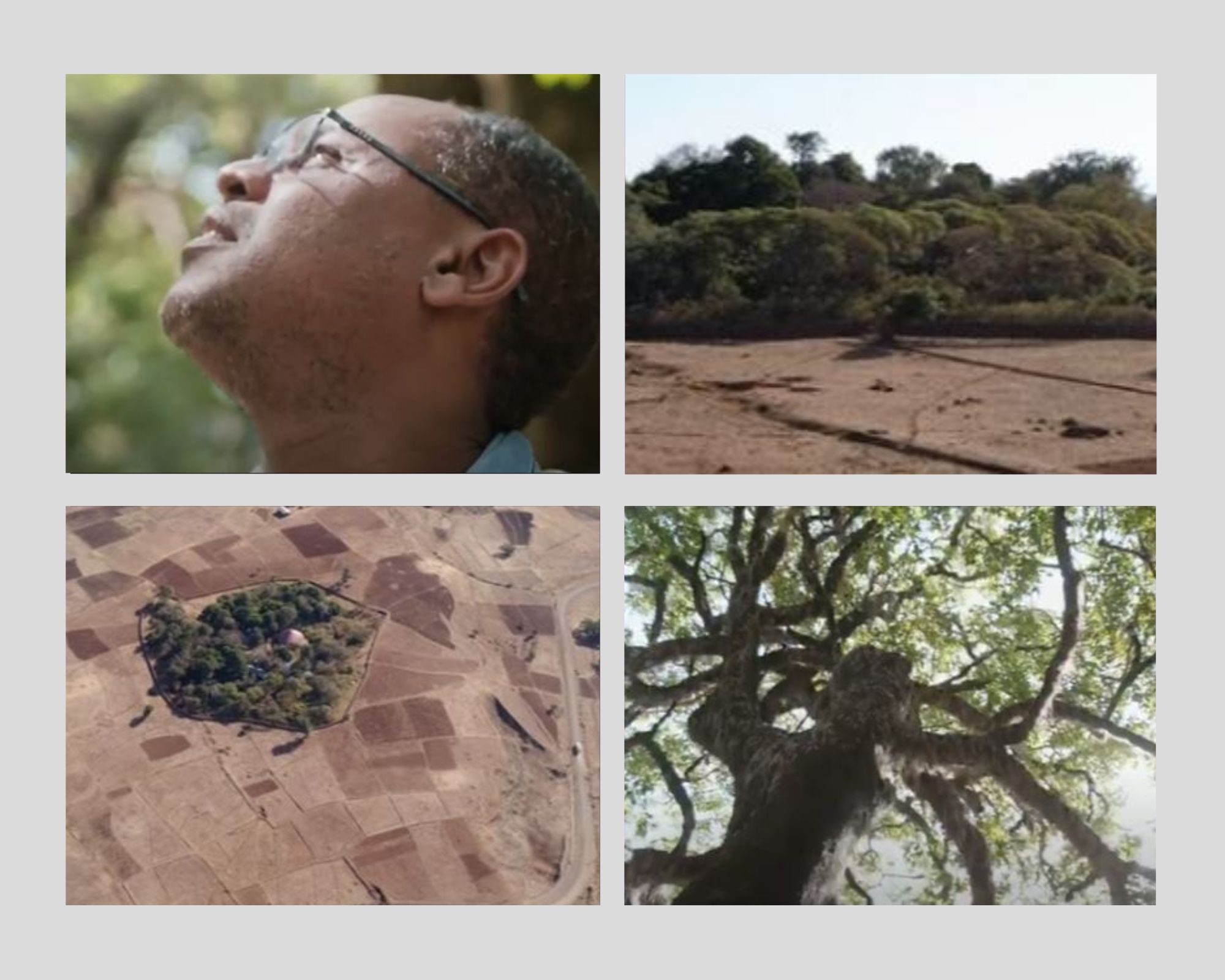Sermon, Season of Creation I, Proper 17, Year A 2023

The forests of Ethiopia. Page with links to both of the stories and videos.
“Lord, I love the house in which you dwell and the place where your glory abides,” states the psalmist.
Jesus, who came and pitched his tent among us, lived among us, and died as one of us, dwelt on this earth. And when our hearts are open to God, we know that God has always lived among us. Back in the Garden of Eden, in the very first book in our Bible, Genesis, God had a habit of walking in the garden in the cool of the evening.
And in the closing book of the New Testament, Revelation, God once more comes and dwells among us, after ridding the earth of the evil that has held it in thrall for so long.
“See,” the writer of Revelation proclaims, “See, the home of God is among mortals. God will dwell with us and we will be God’s peoples, and God will be with us, and will wipe every tear from our eyes. Death will be no more, mourning and crying and pain will be no more, for the first things have passed away.”
So we live in the time of God with us now and not yet quite fully, knowing that truly, the earth itself is the house of the Lord, for God is not only transcendent and heavenly, but also immanent, as near to us as the air we breathe, as refreshing and as life giving to us as the water we drink, as restoring as the rain after a long drought, and as solid as the rocky mantle that supports the soil and all of life on this earth.
Jesus came and dwelt among us so that we could see, with our own eyes, that God has always dwelt in our midst, on this earth, which is not only God’s footstool, but the very body of God, as theologian Sallie McFague would say. We earth dwellers live and move and have our being within the body of God during our lives on this earth.
And so, when we truly open our eyes, we can see for ourselves God’s glory abiding all around us.
“Lord, I love the house in which you dwell and the place where your glory abides—” God’s glory, so intricately woven into the fabric of this earth and the entire universe.
So we rejoice in hope, even as we look around us and see God’s glory diminished by the ways in which we abuse and mistreat one another.
Even when we look around and truly begin to see the ways in which we have been both intentionally and unintentionally oblivious and negligent, greedy, and selfish in the ways in which we relate to God’s earth, still, we can rejoice in hope.
When Jesus told the disciples that they must take up their crosses and follow him, he was hopeful. Jesus told the disciples that the next part of his journey would be difficult, and would include suffering and death—but that beyond the suffering and death was resurrection. Jesus was hopeful that the disciples could see beyond the grim predictions of the “now” into the hope of the resurrection life of the “not yet.” This resurrection life included the time that they were spending with him, because in being with him they were learning about what resurrection life is in the here and now. So when Jesus told the disciples that they must take up their crosses and follow him, he was hopeful that they would do so, despite the costs.
Read more





